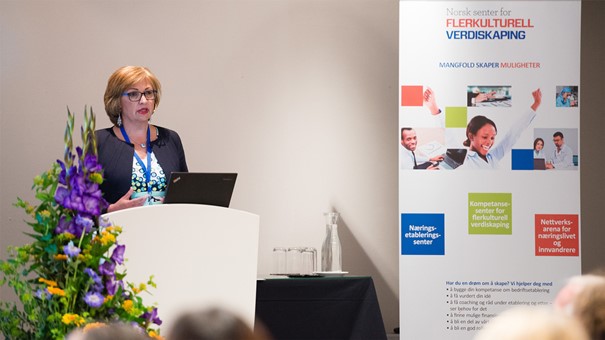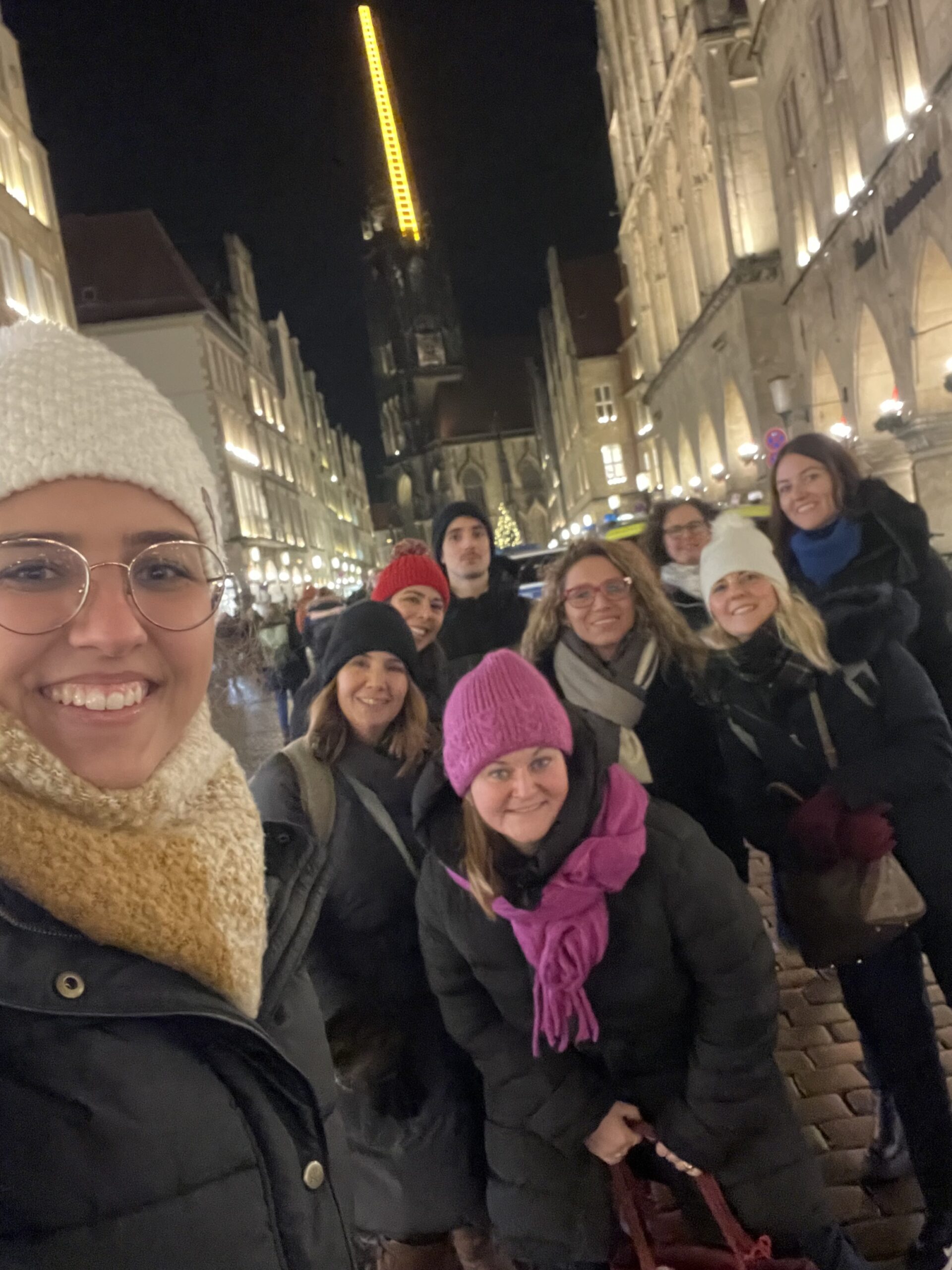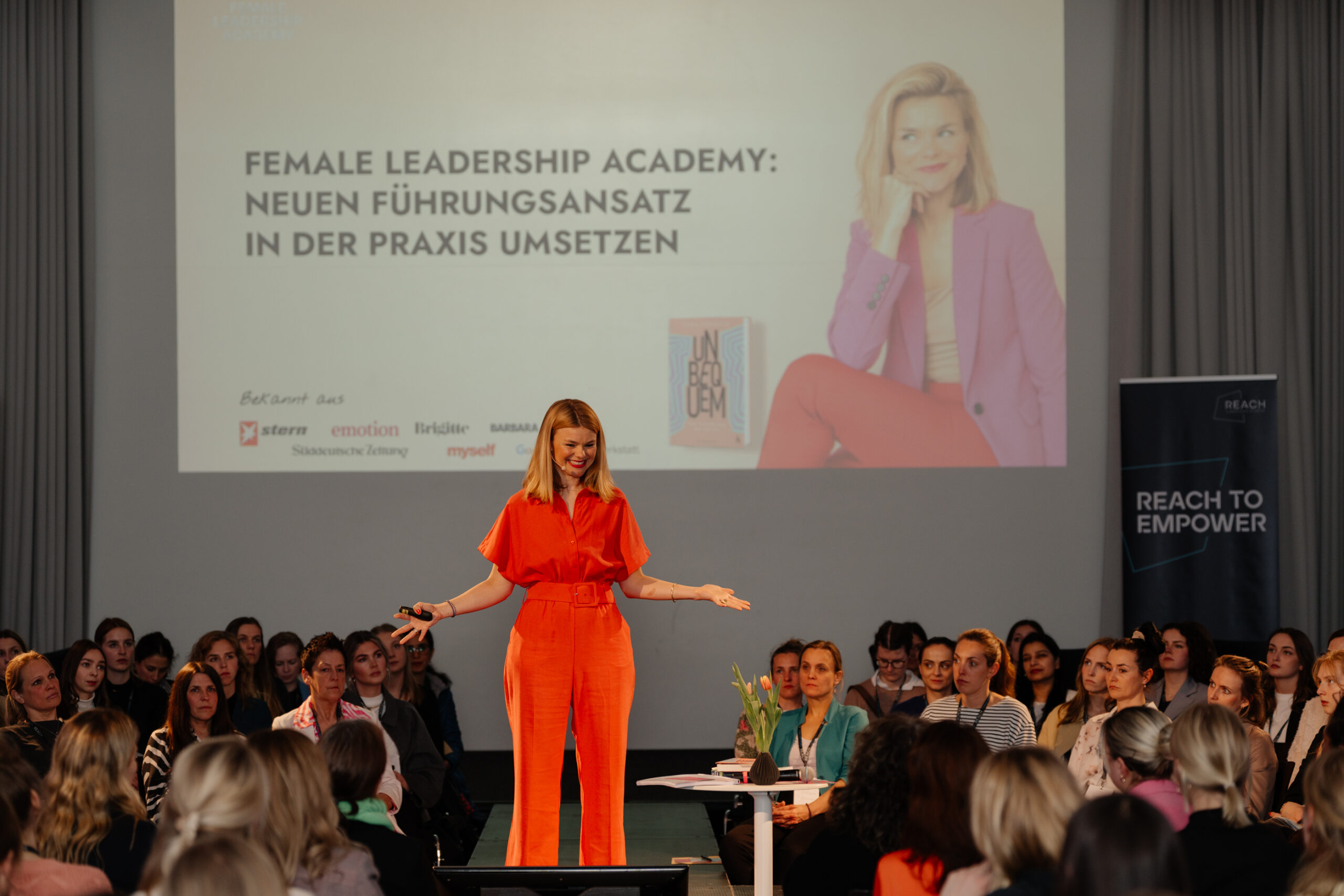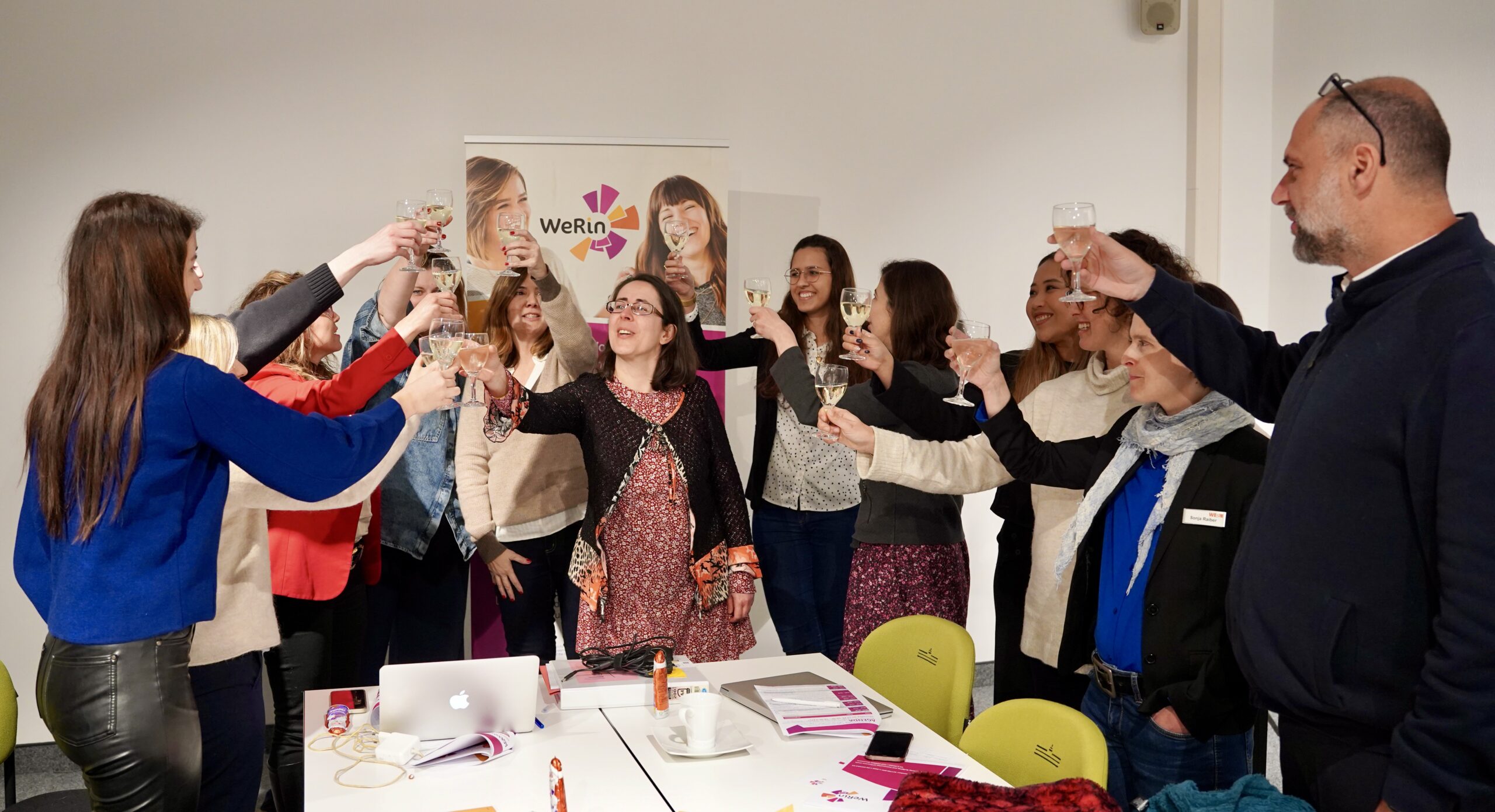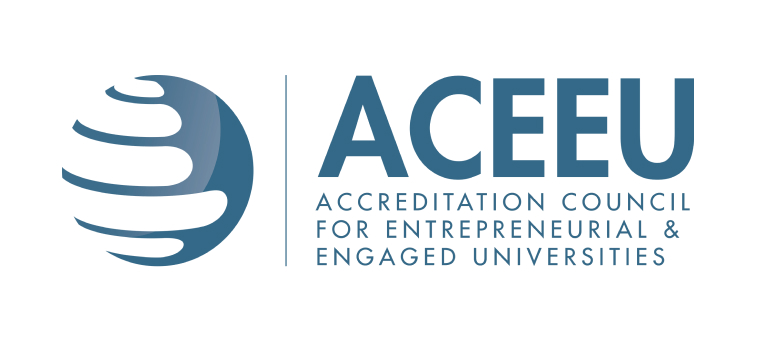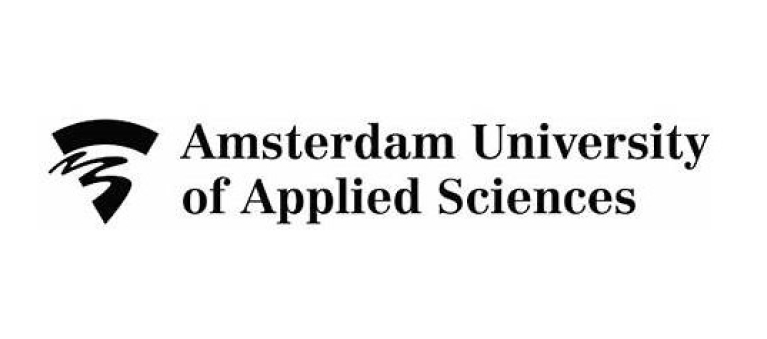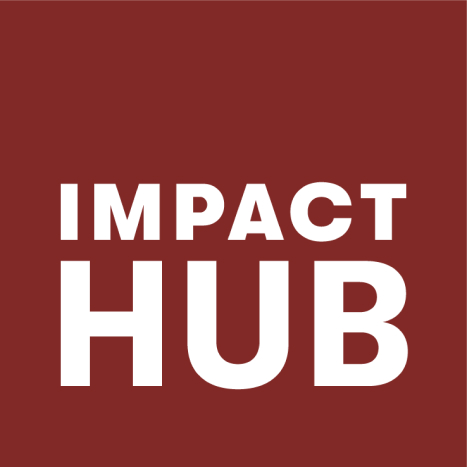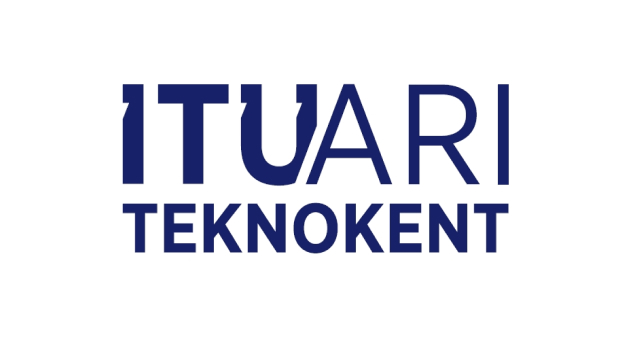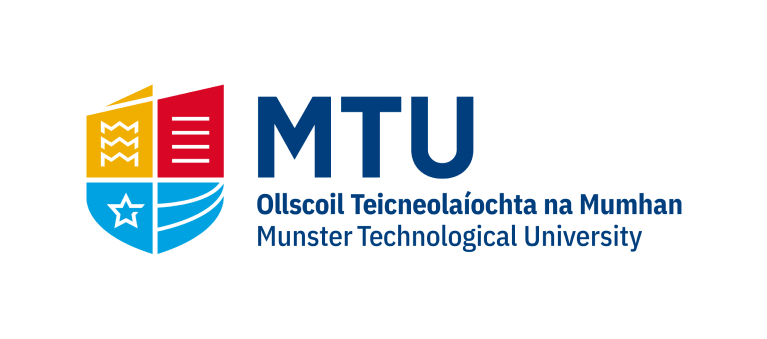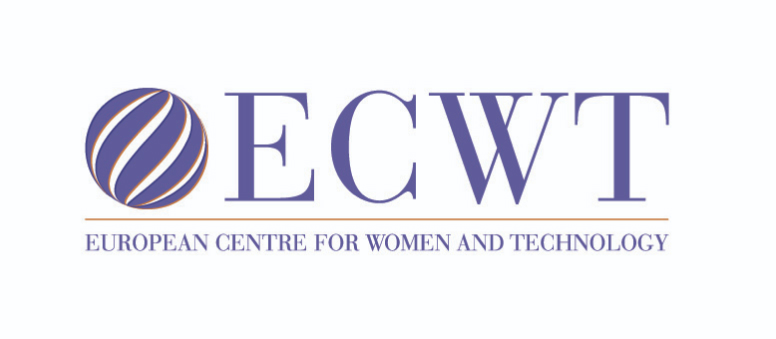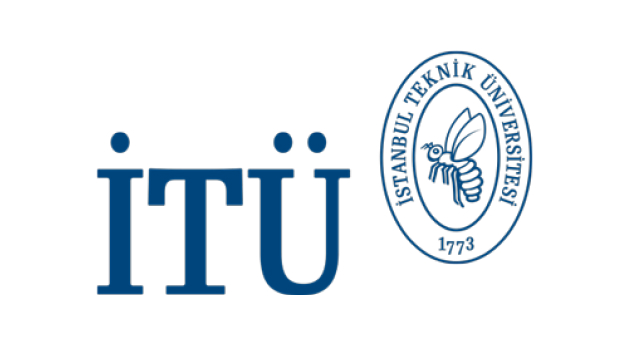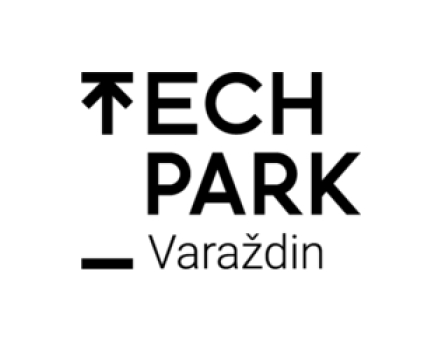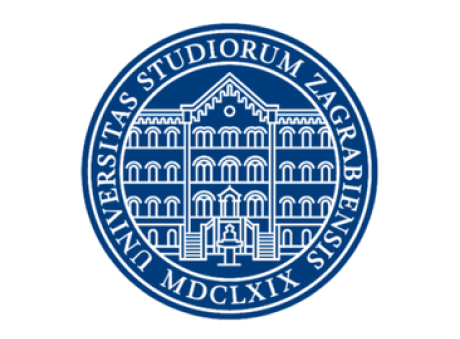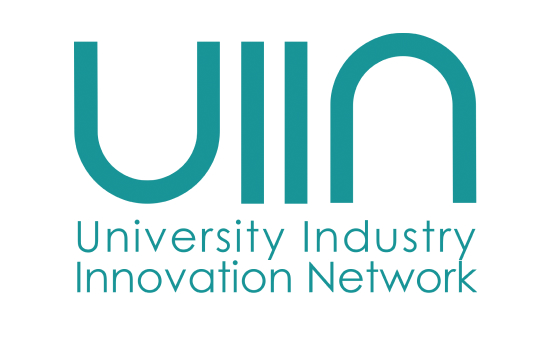By ECWT
After a seventeen-year-long journey, the Norwegian Centre for Multicultural Value Creation (NSFV*) ended its activities in December 2022. WeRin project partners, the European Centre for Women and Technology – ECWT interviewed Zahra Moini, Founder and Director of the organisation that has supported 1350+ “non-western”, first and second-generation immigrants to start their businesses by providing advisory support services, coaching and training in starting a business.
Q. Can you tell us about your personal background and your motivation to launch NSFV?
It all started in November 2005 with many ambitions, a lot of excitement and a belief that we could make a difference for talented immigrants who were outside the working world. We managed to put multicultural value creation on the agenda and we delivered on this mission. There were many immigrants who found their way to the centre, a total of 1,350 people. Many dreamt of taking the first step to becoming an entrepreneur and becoming part of working life in Norway. Many wanted to create a better life for themselves, and their families and become role models for children and others to follow. A total of 365 companies were established, and 43% of the companies were established by women. This is a far higher establishment rate than the majority of programmes. We are very proud of this!
Q. Could you tell us some of the successful products and brands NSFV delivered over the years?
We developed many programs and concepts aimed at the target group. Of these, I can mention the talent program iStart, the mentoring program NSFV Mentor, the job creation program Job Accelerator, the international professional meeting place Energetics, and the digitization program GoDigital! We succeeded early on in establishing close cooperation with authorities such as the Norwegian Tax Agency, the Norwegian Customs Authority, the Norwegian Food Safety Authority, the Norwegian Labour Inspection Authority, and many more. It is a wonderful feeling that other projects are following suit and offering similar courses to their founders. Over 17 years, we shared our knowledge and experiences with many organizations and individuals in other parts of the country, to municipalities and county councils, to the authorities, to politicians and to researchers and academics. Many theses were written on the topic of multicultural value creation based on our experiences.
Q. Who else have you worked with?
We worked with many partners in and outside Europe, Canada, the USA and countries from Asia and Africa. We have been recognised as a good example by both the OECD and the Council of Europe. The journey is now, however, over and this is a bittersweet experience. Politicians who ensured funding for the centre so that those who needed the most help could receive our support services have in the end failed to prioritise the national initiative. The result is a bunch of small, fragmented projects, scattered all over the country, which went their separate ways – unfortunately with little coordination between them. The funds were so modest that the projects did not have the opportunity to invest long-term and sustain the initiative. The regional reform did not help to create a joint coordinated effort either. Unfortunately, the biggest losers in this picture are the immigrants with talents who had dreams and still have dreams of succeeding in the labour market. On the one hand NSFV, the National Competence Centre for Multi-cultural Value Creation has become a well-developed concept. On the other hand, we can just hope that other organisations will capitalise on this and develop a new business model for an upgraded organisation which will continue to deliver quality services to as many immigrants as possible.
Q. Can you share some knowledge about entrepreneurs in Norway?
Every fifth entrepreneur in Norway is an immigrant. There is a greater proportion of entrepreneurs among immigrants than in the rest of the population. 43% of the companies were started by women. That is higher than the average for Norway, which is 37%. Our success rate is amazing and almost all the companies that started are still active! After five years of operation, businesses established by immigrants have a higher average turnover and employment than businesses in Norway in general.
Q. What are your plans, Zahra?
Even though NSFV as an organization does not exist any longer, the concept of NSFV and the experiences will be utilised. I have started a new company and have further developed our experience from NSFV. The company provides services within Diversity, Equality, and Inclusion (DEI) and builds bridges between diversity and innovation. We have heard from the European Centre for women and Technology – ECWT about WeRin and its powerful toolkit developed for creating inclusive ecosystems. I´m very open to international collaboration and our team is ready to investigate possibilities of rolling out the WeRin experiences to new markets. In this post-COVID landscape and with the ongoing war in Ukraine, there is more need for social entrepreneurship and multi-cultural value creation in Europe than ever before.
* Norsk Senter for flerkulturell verdiskaping (NSFV)

